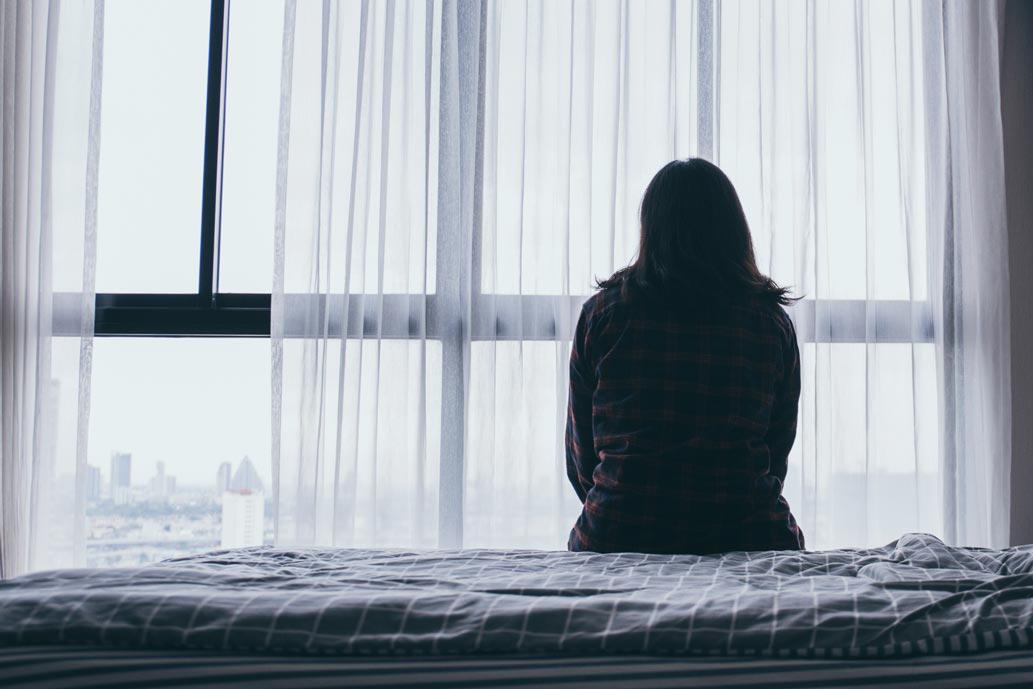Advertisment
Loneliness related to adverse mental and physical outcomes

A new analysis of data from a U.S. survey shows that 4 in 5 persons report some loneliness, with levels of loneliness mirroring levels of poor mental health days and poor physical health days.
The study was published on July 9, 2025 in the journal PLOS One.
“Our study highlights that loneliness is not just an emotional state—it has measurable consequences for both mental and physical health,” the authors said. “Addressing loneliness may be a critical public health priority to reduce depression and improve overall well-being.”
The investigators analyzed data from the (U.S.) Behavioral Risk Factor Surveillance System (BRFSS), recorded from 2016 to 2023.
They measured loneliness by asking the question, “How often do you feel lonely?” They categorized the answers into five levels: Always, Usually, Sometimes, Rarely, and Never.
They acquired data on 47,318 subjects, predominantly White (73.3%), female (62.1%), and aged 18–64 years (72.1%).
Over 80% of the subjects reported some loneliness.
Compared to those who reported “Never” being lonely, the subjects who reported “Always” being lonely had a significantly higher predicted probabil¬ity of depression (50.2% vs. 9.7%, p < 0.001), 10.9 more poor mental health days per month, and 5.0 more poor physical health days per month (all statistically significant at p < 0.001).
Differences in outcomes appeared across differences in gender, race/ethnicity, and age. Women reported more poor mental health days than men across most levels of loneliness. Black subjects reporting loneliness showed significantly lower probabilities of depression and fewer poor mental health days than White peers. Older adults (>64) experienced more poor physical health days than younger adults for all of the loneli¬ness categories.
The authors concluded, “Loneliness is a strong and independent predictor of depression and poor health outcomes. Public health interventions aimed at addressing loneliness—especially among high-risk subgroups—are critical to improving mental and physical well-being at the population level.”
They added, “Conducting this research allowed us to explore the lived experiences of many individuals in vulnerable situations. What stood out most was how strongly loneliness affected every aspect of health—underscoring the urgency of tackling this hidden epidemic.”





